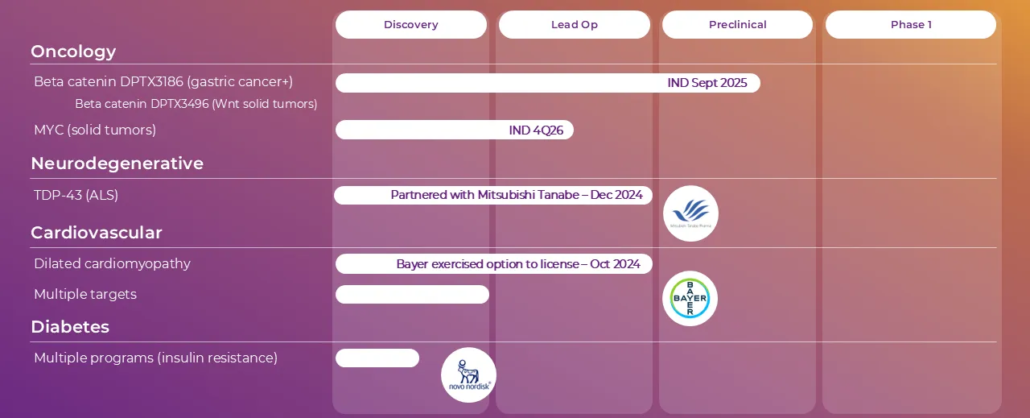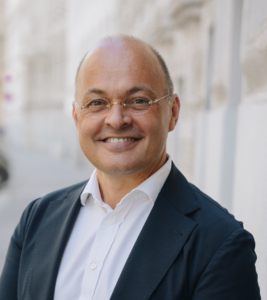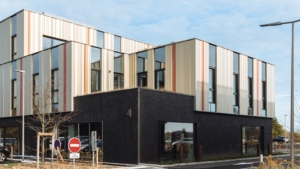
Dewpoint Therapeutics cuts workforce, refocuses pipeline
Dewpoint Therapeutics Inc. has announced a significant corporate restructuring. Approximately 70% of its 130 employees will be laid off, and operations will be consolidated at the company’s Boston headquarters. The company will close its two German locations in Frankfurt and Dresden and streamline its pipeline.
Despite securing US$287m from 16 investors across three funding rounds—US$60m (Series A, 2019), US$77m (Series B, 2020), and US$150m (Series C, 2022)—the firm cited a high burn rate as the reason for scaling back. Dewpoint will now prioritise clinical development of its lead candidate, DPTx3186, a beta-catenin inhibitor targeting the WNT signalling pathway, in gastric cancer.
Financing: While the cumulative US$287m in venture funding was substantial, it has proven insufficient to support a workforce of over 130 and a pipeline comprising 5 + x early-stage development programmes. According to internal estimates, the average cost to bring a small-molecule drug candidate to IND stage is between US$9m and US$29m, potentially totalling US$180m for the full pipeline. To continue development of DPTx3186, which was preclinically co-developed until IND with Evotec. and advance selected candidates in lead-optimisation stage, CEO Ameet Nathwani indicated that a new funding round is in the final stages of being closed.
Pipeline: Dewpoint Tx will now concentrate its efforts on a smaller number of high-priority programmes. These include the ALS candidate targeting TDP-43, licensed to Mitsubishi Tanabe for up to US$485m in milestone payments, and a programme for dilated cardiomyopathy, for which Bayer Pharma exercised a licence option in late 2024. Dewpoint is expected to continue development of DPTx3186 . It is open whether it will proceed with its proprietary MYC-pathway modulator.
Platform: Dewpoint was co-founded by Anthony Hyman (Max Planck Institute of Molecular Cell Biology and Genetics, Dresden) and Richard Young (Whitehead Institute, MIT) in 2019. The company focuses on the modulation of molecular condensates – phase-separated assemblies of proteins and RNA that govern transcription regulation.Young discovered that the previously underexplored activation domains of transcription factors are brought into proximity by phase separation in aqueous cell compartments, thereby initiating and maintaining the transcription of specific genes. A handful oftranscription factor activation domains such as “mediator” or “p300” regulate the transcription of hundreds of different transcription factors. Dewpoint Therapeutics wants to take advantage of this, in order to specifically influence the disturbed transcription in pathological processes – an approach that does not target the genetic level but aims at correcting disturbed biological functions. Fields of application for addressing the molecular condensates with drugs are found in almost all important indications.


 Bayer Co.Lab
Bayer Co.Lab WLan Holding
WLan Holding MAES-AREA-Englos
MAES-AREA-Englos